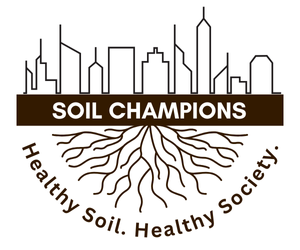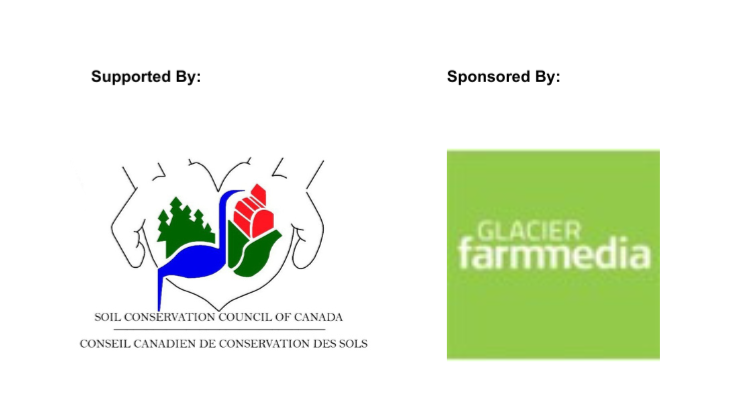
The Soil Champions Committee (Soil Champions) of the Soil Conservation Council of Canada (SCCC) announced the funding of a project supported by the Woodstock Art Gallery, located in Woodstock, ON. The $25,000 cash and $25,000 in-kind will be put towards the reMEDIATING Soils Exhibition project.
“The Soil Champions believe that without healthy soil there is no chance of a healthy society. Or to put it another way no soil, no society,” said Jay Bradshaw Chair of the Soil Champions. “To improve the general public’s awareness of the importance of soil health we are most pleased to support the reMEDIATING Soils Exhibition Project. This project will transform our collective relationship to soils, land, and the environment at regional and national scales through the unique expression of art.”
Mary Reid, Director/Curator of the Woodstock Art Gallery explained who the partners are that will share the funding. “First of all we are exceedingly appreciative of the generous support and expertise provided by the Soil Champions. It is a honour to be able to partner on this extremely important initiative lead by the formidable Dr. Kate Lawless, along with the University of Lethbridge Art Gallery and the Yukon Arts Centre. This significant initiative, linking science and art, is a testament to the power created by conveying knowledge and sharing information on matters that universally affect us all.”
Andrew (Andy) Graham is the key member from the Soil Champions working on this project. “The key outcomes of this inspiring project promise to inform and move society by building a respect for soil health through a fusion of the fields of art, science and indigenous knowledge,” said Andy. “The project will create a common language for talking about soil health and soil care through touring exhibitions hosted by the participating galleries, published anthologies that capture the experiences of core team contributors, and a short film documenting the research project at all three sites.”
Dr. Katherine (Kate) Lawless, Assistant Professor at the U of Calgary who leads the project, explains further. “The reMEDIATING Soils Exhibition is part of a long-term study examining human-soil relations across Canada. It builds on new directions in soil science, agronomy, and transdisciplinary research that see soil as a dynamic, living system. We believe that investigating this system, understanding its various dimensions (geological, biological, social, and cultural), and repairing the widescale damages it has suffered over the past few hundred years, requires the knowledge and expertise of diverse members of society, from scientists to artists and universities to communities.”
“Sometimes people are surprised to learn how reliant they are on soil,” said Ian Boyd SCCC Chair and farmer. “We all depend on soil to keep this planet in a habitable state. It feeds us, cleans our air and water and fights climate change. Keeping our soil healthy just makes sense.”
For further information or to a tax-free donation to the Soil Champions cause please visit https://soilcc.ca/soilchampions/
-30-
For further information contact:
| Jay Bradshaw Chair Soil Champions Committee j.m.bradshaw@outlook.com | Dr. Kate Lawless Assistant Professor University of Calgary katherine.lawless@ucalgary.ca | Ian Boyd Chair SCCC iboyd.ssca@gmail.com |
Soil Champions
The Soil Champions Committee seeks partnerships and funds projects that will improve the general public’s awareness that healthy soil is the foundation of a healthy society. No soil, no society.
The Soil Conservation Council of Canada is the face and voice of soil conservation and health in Canada. We are the only national organization working with partners from across the value chain to actively raise public awareness, advocate for government and industry investments, promote the benefits of improved soils.
Woodstock Art Gallery
Oxford County’s largest municipal public gallery, the Woodstock Art Gallery (WAG) is a centre that inspires, engages and enriches the lives of all community members through innovative programming and activities that explore relevant topics addressed in contemporary and historical art. With a permanent collection of over 2000 works the WAG celebrates works of art representing local, regional, national and international artists. The WAG is a division of the Culture Department of the City of Woodstock.
